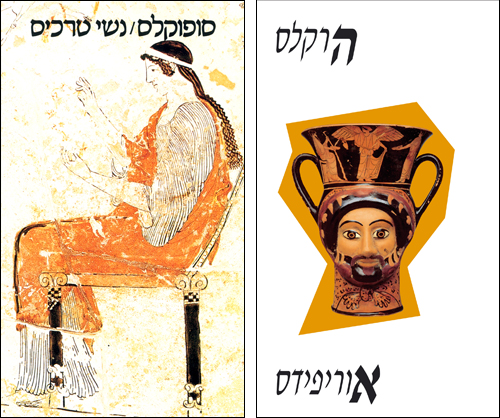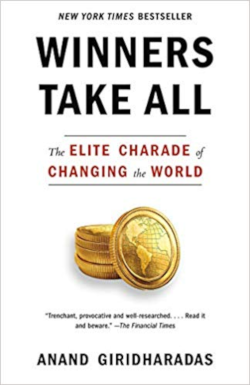
| Read Log, August 2019 | ||||
| By Tal Cohen | Sunday, 08 September 2019 | |||
I found this translation to be more flowing, but the choice of terminology is sometimes less appropriate (“The People” and “the aristocracy”, vs Jowett’s “the popular party” and “the oligarchy”). The second read allowed me to focus on the early parts of specific “plot threads” that aren’t easy to recognize as important when they first appear. A great example is the exploits of Alcibiades. That guy was amazing — or rather, the fact that nobody put him to the sword at any of so many different occasions is amazing. First playing for Athens, betraying and humiliating the Spartan emissaries in a manner that prevented peace, he then escaped trial at Athens and convinced the Spartans to accept him as an adviser — causing huge damage to the Athenians; and when the Spartans sentenced him to death, he defected to the Persians, now damaging the Spartans badly; and then Athens took him back, only to be eventually exiled (rather than executed). It is amazing that all this aggressive fighting takes place at the same time that the height of Greek culture is produced: Sophocles, Euriphides, Plato, and others produced some of their greatest works during this very war (and others that followed). This brings to mind Orson Wells’s words: “You know what the fellow said — in Italy, for thirty years under the Borgias, they had warfare, terror, murder and bloodshed, but they produced Michelangelo, Leonardo da Vinci and the Renaissance. In Switzerland, they had brotherly love, they had five hundred years of democracy and peace — and what did that produce? The cuckoo clock.”  The opening lines of Women of Trachis may sound trivial today, but they are still a moving opening: “Men have a saying established long ago: / no one can judge the life of any mortal / as good or bad until that man is dead. / But in my case, though I have not yet reached / the land of Hades, I know all too well / how miserable and difficult life is.” (This is Ian Johnston’s translation, which, while good, is not as good as Shabtai’s Hebrew rendering, I’m afraid.) Shabtai’s appendices to his various translations are often tiring, but for Herakles, the third appendix is a wonderful idyll by Theocritus, about a women casting witchcraft spells to make her lover return (and the connection to Herakles and his fate is clear).  The book only hints at the solutions, although some of them should be patently obvious to any attentive reader.
| ||||